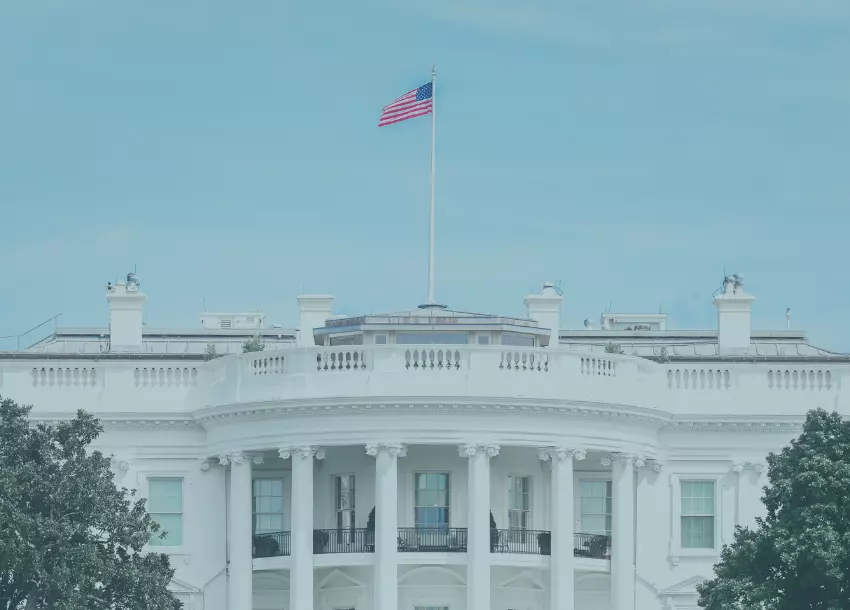Emergency Health Powers Act
On March 13, 2020, in accordance with Sections 1-3-420 and 25-1-440 of the South Carolina Code of Laws, as amended, Governor Henry McMaster declared a state of emergency due to the public health emergency caused by the 2019 Novel Coronavirus (“COVID-2019”), which triggered the Emergency Health Powers Act (EHPA). Under EHPA, the Department of Health and Environmental Control (DHEC) acquires broad powers for the duration of the public health emergency, to include the following:
- Powers over dangerous facilities and materials (S.C. Code Ann. § 44-4-300)
- DHEC may close, compel the evacuation of, or cause decontamination of any facility of which it is reasonable to believe it may endanger the public health.
- DHEC may decontaminate or cause to be decontaminated, any material of which there is reasonable cause to believe that it may endanger the public health.
- Powers over health care facilities or services (S.C. Code Ann. § 44-4-310)
- DHEC may require a health care facility to provide services or the use of its facility.
- The management and supervision of the health care facility must coordinate with the Department of Health and Environmental Control (DHEC).
- “Health care facility” means any nonfederal institution, building, or agency or portion thereof, whether public or private (for-profit or nonprofit) that is used, operated, or designed to provide health services, medical treatment, or nursing, rehabilitative, or preventive care to any person or persons. This includes, but is not limited to, ambulatory surgical facilities, health maintenance organizations, home health agencies, hospices, hospitals, infirmaries, intermediate care facilities, kidney treatment centers, long-term care facilities, medical assistance facilities, mental health centers, outpatient facilities, public health centers, rehabilitation facilities, residential treatment facilities, skilled nursing facilities, and adult daycare centers. The term also includes, but is not limited to, the following related property when used for or in connection with the foregoing: laboratories, research facilities, pharmacies, laundry facilities, health personnel training and lodging facilities, and patient, guest, and health personnel food service facilities, and offices and office buildings for persons engaged in health care professions or services. S.C. Code Ann. § 44-4-130(K).
- “Health care facility” means any nonfederal institution, building, or agency or portion thereof, whether public or private (for-profit or nonprofit) that is used, operated, or designed to provide health services, medical treatment, or nursing, rehabilitative, or preventive care to any person or persons. This includes, but is not limited to, ambulatory surgical facilities, health maintenance organizations, home health agencies, hospices, hospitals, infirmaries, intermediate care facilities, kidney treatment centers, long-term care facilities, medical assistance facilities, mental health centers, outpatient facilities, public health centers, rehabilitation facilities, residential treatment facilities, skilled nursing facilities, and adult daycare centers. The term also includes, but is not limited to, the following related property when used for or in connection with the foregoing: laboratories, research facilities, pharmacies, laundry facilities, health personnel training and lodging facilities, and patient, guest, and health personnel food service facilities, and offices and office buildings for persons engaged in health care professions or services. S.C. Code Ann. § 44-4-130(K).
- The management and supervision of the health care facility must coordinate with the Department of Health and Environmental Control (DHEC).
- DHEC may require a health care facility to provide services or the use of its facility.
- Powers over purchase and distribution of pharmaceutical agents or medical supplies; rationing and quotas (S.C. Code Ann. § 44-4-330) DHEC may control, restrict, and regulate by rationing and using quotas, prohibitions on shipments, price fixing, allocation or other means, the use, sale, dispensing, distribution, or transportation of necessary products.
- DHEC must give preference to health care providers.
- DHEC may procure, store, or distribute any pharmaceutical agents or medical supplies located within the State. See S.C. Code Ann. Regs. 61-112 (see Section 7); S.C. Code Ann. § 11-35-1570 (emergency procurements).
- Powers over individuals and groups (S.C. Code Ann. §§ 44-4-510–44-4-550)
- DHEC may test, treat, vaccinate, isolate, or quarantine individuals or groups.
- Employers may not fire, demote, or otherwise discriminate against an employee complying with an isolation or quarantine order.
- Employers may not fire, demote, or otherwise discriminate against an employee complying with an isolation or quarantine order.
- DHEC may test, treat, vaccinate, isolate, or quarantine individuals or groups.
- Powers over licensed health personnel (S.C. Code Ann. § 44-4-570)
- DHEC may require in-state health care providers to assist in the performance of vaccination, treatment, examination, or testing of any individual.
- DHEC may accept the volunteer services of in-state and out-of-state health care providers consistent with Title 8, Chapter 25, appointing such in-state and out-of-state health care providers as emergency support function volunteers.
- DHEC may terminate the in-state and out-of-state appointments at any time or for any reason provided that any termination will not jeopardize the health, safety, and welfare of the people of this State.
- Appointments are limited to the time of the public health emergency.
- Any health care provider appointed pursuant to this Section will not be held liable for any civil damages as a result of medical care or treatment unless the appointee recklessly causes the damages.
- Applies if the health care provider does not receive payment from the State other than as allowed in S.C. Code Ann. § 8-25-40.
- The South Carolina Department of Labor, Licensing and Regulation may waive licensing requirements, permits, or fees required by law and applicable orders, rules, or regulations.
* This document is a high-level summary of some of the provisions of the Emergency Health Powers Act, and we can provide a more detailed analysis of specific sections upon request.
Our Insights are published as a service to clients and friends. They are intended to be informational and do not constitute legal advice regarding any specific situation.
About Maynard Nexsen
Maynard Nexsen is a full-service law firm of 600+ attorneys in 31 locations from coast to coast across the United States. Maynard Nexsen formed in 2023 when two successful, client-centered firms combined to form a powerful national team. Maynard Nexsen’s list of clients spans a wide range of industry sectors and includes both public and private companies.







